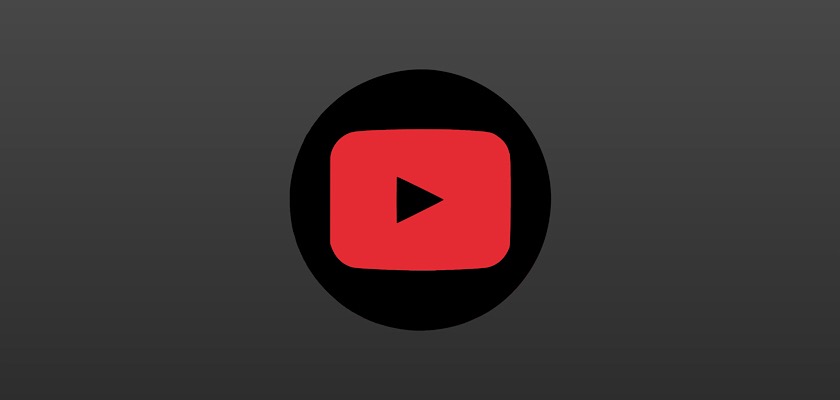Four sources from The Washington Post are claiming that the US Federal Trade Commission (FTC) is in the late stages of an investigation into YouTube for allegedly violating children’s privacy. The sources believe that the FTC probe could result in YouTube being fined or forced to change its practices to better protect children who use its platform.
According to The Washington Post’s report, the FTC’s investigation is based on multiple complaints dating back to 2015 from various consumer groups and privacy advocates. These complaints allege that both YouTube and YouTube Kids violate children’s privacy laws.
One of the joint complaints which was submitted to the FTC claims that YouTube is violating the 1998 Children’s Online Privacy Protection Act (COPPA), which prohibits the tracking and targeting of users younger than age 13, by:
- Having portions of content on its site that are directed towards children
- Acknowledging that it’s collecting data from children through its representatives and creator community
- Failing to provide parental notice or obtain parental consent prior to collecting personal information from children
The Washington Post’s sources add that YouTube has responded to the investigation by discussing potential changes to its recommendation algorithm. The Wall Street Journal is also reporting that YouTube is considering:
- Moving all children’s content into the YouTube Kid’s app
- Turning off the autoplay feature for children’s content
However, The Washington Post’s sources say moving children’s content into the YouTube Kids app is highly unlikely and would be difficult to implement because of:
- The volume of content on YouTube
- The potential loss in advertising revenue
Recent reports indicating YouTube Kids has just 20 million users per week, which is a fraction of the 2 billion + monthly users on the main YouTube platform, is also likely to be another factor deterring YouTube from moving children’s content into the YouTube Kids app.
The details of this FTC investigation come after YouTube has faced growing scrutiny from the media, its creator community, and politicians over the way it handles content featuring minors and content aimed at minors.
In February, after it was discovered that a small proportion of videos featuring minors were attracting predatory comments, YouTube responded by demonetizing videos based on the comments left by viewers and then mass disabling comments across the site. Many YouTube creators were angered by these decisions and felt they were being unfairly punished based on viewer comments that they can’t control.
This month, YouTube also banned kids from live streaming unless accompanied by an adult after media reports suggested that YouTube was recommending videos featuring minors to pedophiles. Senator Josh Hawley responded to these media reports by proposing a bill that would require YouTube and other video hosting sites to disable their recommendations algorithms on videos featuring minors.













